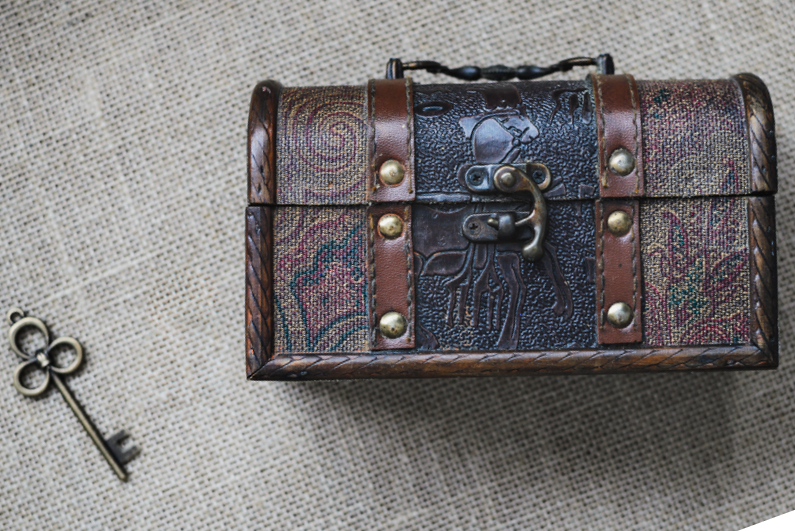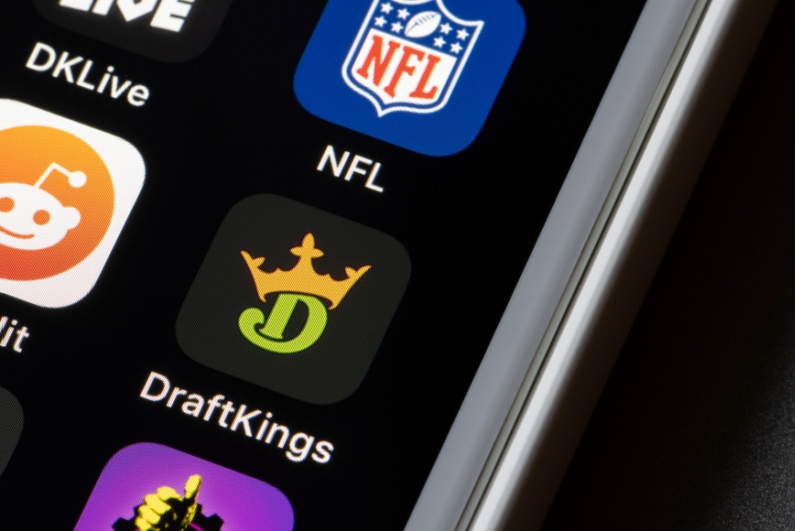France’s gambling watchdog joins fellow European regulators in concluding in-game loot boxes don’t constitute gambling.
Following in the footsteps of the Dutch Gambling Authority (DGA) and the Belgium Gaming Commission (BGC), France’s Autorité de Regulation des Jeux en Ligne (ARJEL) has given its view on the topic of loot boxes.
In its 2017-2018 activity report, the gambling regulator starts by explaining France’s gambling law. An analysis in English is provided by media law associate Sebastian Schwiddessen. The report argues that gambling is generally prohibited in the country unless it has been permitted by the regulator. Additionally, only three types of online gambling are allowed in France: poker, horse betting, and sports betting.
Notably, ARJEL says that a game constitutes gambling when it is offered to the public, a financial sacrifice has been made in the anticipation of a gain, and there must be an element of chance. The report only implies this last point and doesn’t directly state it.
When it comes to loot boxes, the French gambling regulator argues that “loot boxes could qualify as gambling if the generated item has a real-world monetary value”, according to the English analysis. It goes on to state that this would be the case if the loot box item is sold outside the gaming platform and a prize was obtained. Interestingly, ARJEL then backtracks and states that in order for that to occur the game operator would be required to first permit such trading off the platform.
ARJEL said that “a certain number of investigations are in progress” regarding the authorization of in-game loot boxes. In response, the regulator has voted for a combined and coordinated action, adding that this would allow European financial regulators to “provide a coherent analysis of microtransactions embedded in video games”.
What are Loot Boxes?
In video games, loot boxes are virtual items that players can redeem to further their gaming ability. These may take the form of clothing or weapons.
Players who purchase these loot boxes receive a random box and only find out what’s inside after they buy it. They can also receive rare objects when they purchase a number of loot boxes. Games that feature these in-game items include popular video games such as Overwatch, League of Legends, and Star Wars Battlefront II, to name a few.
They are a form of monetization, with the players either buying the boxes directly or receiving them during their gameplay. In recent months, though, loots boxes have been compared to gambling, prompting several countries to look further into the issue with them.
What are countries saying?
The Netherlands
In April, the DGA investigated 10 popular games with loot boxes and discovered that four of them had violated Dutch gambling laws. As a result, the DGA gave game developers eight weeks to fix the illegal in-game loot boxes.
At the time, Marja Appelman, director of the Dutch Gambling Authority, said: “They are designed as gambling games are designed, with the feeling that you have almost won.”
According to the DGA, research suggests that one in two young people make the switch from gaming to gambling online. As gaming and games of chance become increasingly interwoven, young children don’t see the switch as they haven’t stopped playing, the research notes. Unfortunately, this then leads to an increased risk of gambling addiction.
Addiction expert Dick de Bruin, in a commissioned literature study by the DGA, said earlier this month that while adults are generally well aware of the attendant risks of gambling, young children need to be protected: “There is consensus worldwide that minors should not be exposed to gambling. The brains of young people are still in full development. This makes them much more susceptible to addiction. That also continues later in life.”
Belgium
This was followed up by the BGC who declared that loot boxes in online games are illegal and should be removed. At the request of Koen Geens, the minister of justice for Belgium, the BGC looked at four games and found that three were in violation of Belgium gambling laws.
Similar to Appelman’s views, Geens said that it was important that children and adults aren’t “confronted with games of chance when they are looking for fun in a video game”. He also said that mixing games and gaming “is dangerous for mental health”, particularly at a young age.
Isle of Man
In 2017, the Isle of Man’s Gambling Supervision Commission (GSC) amended their regulations, defining virtual items as “money’s worth”, including that of non-convertible cash. This brought loot boxes under jurisdiction regulation.
China
China, too, has taken a firmer handed approach to loot boxes. In 2016, China’s Ministry of Culture released new online gaming regulations.
The new laws require gaming operators that feature loot boxes to reveal the odds of players receiving them. This includes the “name, property, content, quantity, and draw/forge probability of all virtual items and services that can be drawn/forged on the official game website or a dedicated draw probability web page of the game”, according to a report.



